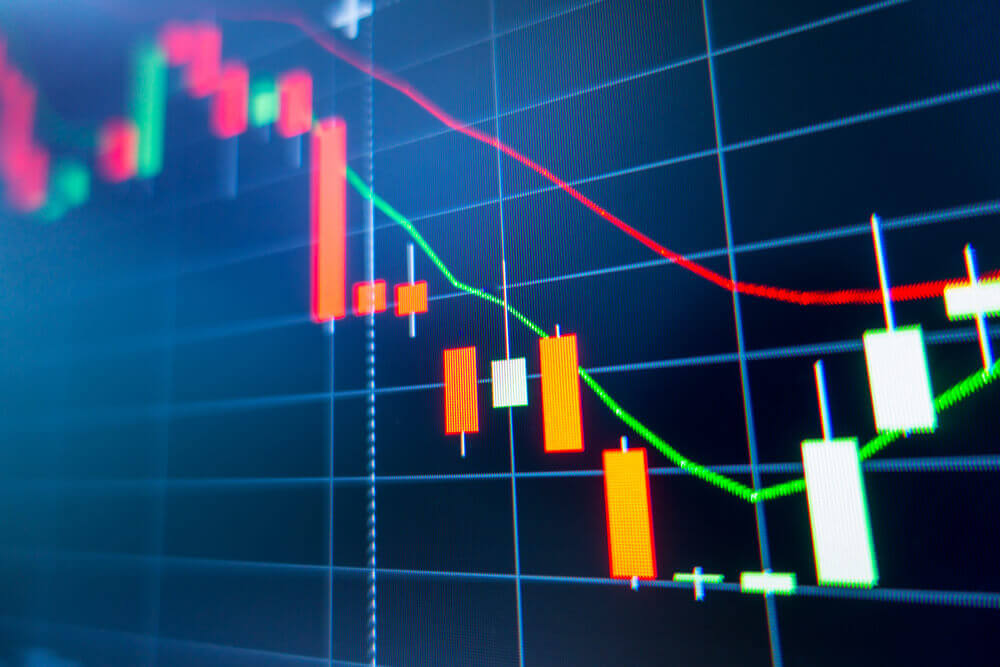
Safe-Haven Currencies Up on Mideast Spat
Forex trading in the safe-haven market strengthened on Monday. Traders grew worried over the possibility of a broader dispute in the Middle East, following the death of Iranian General Qasem Soleimani.
The yen rose 0.03% to 108.11 after reaching a three-month high of 107.77 against the US dollar earlier.
The Swiss franc was up 0.06% to 1.0857 against the euro, having hit a four-month high of 1.0824 on Friday.
Digital gold Bitcoin gained 1.3% to $7,545 after posting a two-week high of $7,580.
The US dollar index was down 0.2% to $96.64 against a basket of six major currencies.
Senior currency strategist Jane Foley stated the greenback could be struggling to climb due to the strength of safe-haven currencies.
The US dollar sometimes acts as a safe-haven asset, as most central banks hold the currency as their critical reserve currency. Also, many global companies trade with dollars. However, the Japanese yen and the franc represent more popular safe-haven bets.
Foley sees the greenback to drop during this year.
Meanwhile, the British pound surged 0.4% to 1.3143 against the US dollar. The euro fell 0.1% to 0.8520 against the sterling.
The British officials are to reconvene on January 7 to debate the Brexit deal.
Demand for Safe-Haven Currencies Continue
Today’s forex trading session became a continuation of the flight-to-safety reaction in the fx market triggered on Friday.
Following the incident, the US detected a heightened state of alert by Iran’s missile forces across the country.
US President Donald Trump warned on Sunday to carry out major retaliation if Iran strikes back. He also threatened severe sanctions against Iraq if the country expelled the US soldiers stationed in the region.
Iran also further rolled back its compliance with the 2015 nuclear deal during the weekend.
The country said it would continue to cooperate with the United Nations (UN) nuclear watchdog. Still, it would no longer commit to the number of its uranium enrichment centrifuges as per the agreement.
Iran is almost certainly to respond in some scale, scope, and magnitude, according to currency analyst Lee Hardman.
Therefore, the fx market is likely to remain in an anxious state until there is more clarity over how geopolitical tensions between the US and Iran will play out, he added.
Hardman’s comments got some support from weaker forex trading of currencies sensitive to global risk appetite. These include the Australian dollar, New Zealand dollar, and the Swedish crown.




